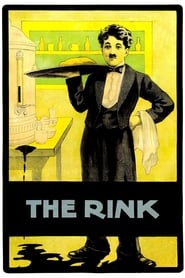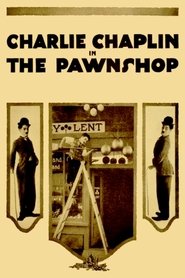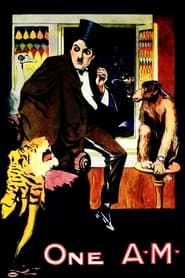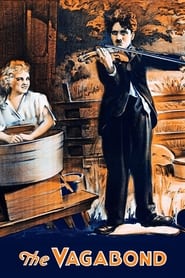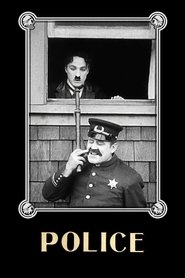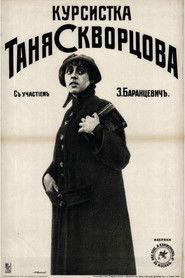kategori film tahun 1916
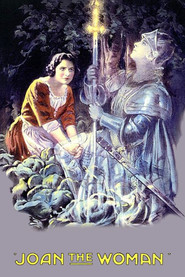
Joan the Woman 1916
A WWI English officer is inspired the night before a dangerous mission by a vision of Joan of Arc, whose story he relives.
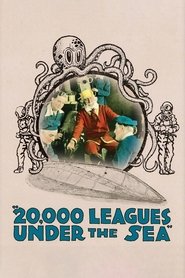
20,000 Leagues Under the Sea 1916
Captain Nemo has built a fantastic submarine for his mission of revenge. He has traveled over 20,000 leagues in search of Charles Denver - a man who caused the death of Princess Daaker. Seeing what he had done, Denver took the daughter to his yacht and sailed away.
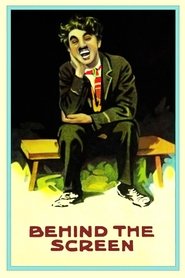
Behind the Screen 1916
During the troubled shooting of several movies, David, the prop man's assistant, meets an aspiring actress who tries to find work in the studio. Things get messy when the stagehands decide to go on strike.
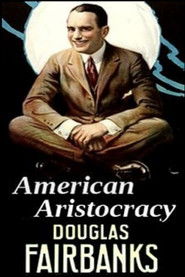
American Aristocracy 1916
A young man fights to overcome a piratical arms smuggler and to win the heart of a rich man's daughter.
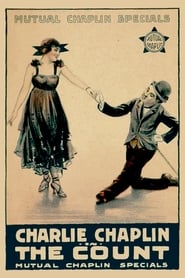
The Count 1916
A tailor's apprentice burns Count Broko's clothes while ironing them and the tailor fires him. Later, the tailor discovers a note explaining that the count cannot attend a dance party, so he dresses as such to take his place; but the apprentice has also gone to the mansion where the party is celebrated and bumps into the tailor in disguise…

The Half-Breed 1916
In an attempt to brand himself as a serious actor, the smiling swashbuckler Douglas Fairbanks starred in THE HALF-BREED (1916), a Western melodrama written by Anita Loos and directed with flair by Allan Dwan. Fairbanks stars as Lo Dorman, who has been ostracized from society because of this mixed ethnicity - his Native American mother was abandoned by his white father. When Lo catches the eye of the rich white debutante Nellie (Jewel Carmen), he becomes a target for the racist Sheriff Dunn (Sam De Grasse), who wants to break them up and take Nelli for his own. This love triangle becomes a quadrangle with the arrival of Teresa (Alma Rubens), who is on the run from the law. Through fire and fury Lo must decide who and what he truly loves.

Sherlock Holmes 1916
When a couple of scammers hold young Alice Faulkner against her will to discover the whereabouts of letters whose dissemination could cause a scandal affecting the royal family, Sherlock Holmes decides to take over the case. (Considered lost, a copy was found in 2014, in the vaults of the Cinémathèque Française.)

An Innocent Magdalene 1916
When Dorothy's Southern, aristocratic father Colonel Raleigh refuses to let her marry Forbes Stewart, a Northern gambler, the couple elopes. When Dorothy soon thereafter becomes pregnant, Forbes vows to reform, but authorities arrest him on a gambling charge, and he serves a year in prison. During that time, and just before the birth of the baby, a woman comes to Dorothy and claims to be Forbes' wife. Stunned, Dorothy returns to her father, but the colonel throws her out, and so, on her own, she has her baby, whom the community believes to be illegitimate. Convinced that she has sinned, Dorothy is about to kill herself when Forbes, just out of jail, finds her and explains that the other woman simply had been an ex-sweetheart trying to win him back.
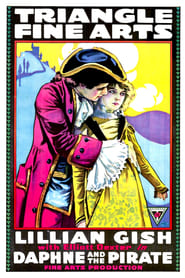
Daphne and the Pirate 1916
Philip de Mornay, a courtier in the French royal court of the 18th century, falls in love with Daphne La Tour, the daughter of a nobleman. Knowing that her family would never approve of their marriage, he takes her and hides her in a brothel, but is soon captured by pirates. Soldiers looking for women to bring with them to a settlement across the ocean in Louisiana raid the brothel and take the girls, including Daphne. Later on the trip to the new world their ship is attacked by pirates--and she discovers that her lover Philip is on board the pirate ship.

Rübezahl's Wedding 1916
In this film, the people of a Tyrolean town climb up into the nearby mountains, searching for a place where they can hold a picnic and a spring festival: ideally, a place where they can eventually erect dwellings and cultivate crops. Led by the local nobleman (Arthur Ehrens), they find an appropriate spot, and the festivities begin. Some children briefly perform a charming folk dance. Suddenly the Rübezahl arrives and threatens to kill all the townsfolk if they don't leave immediately.

